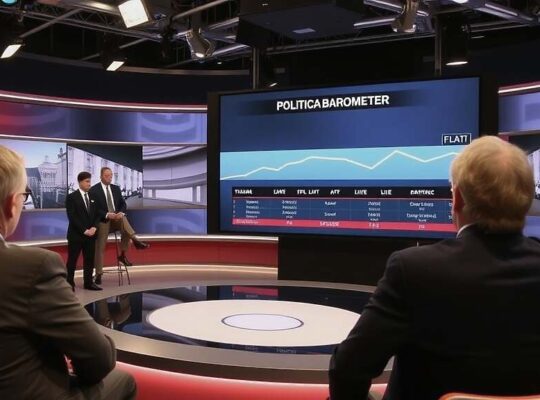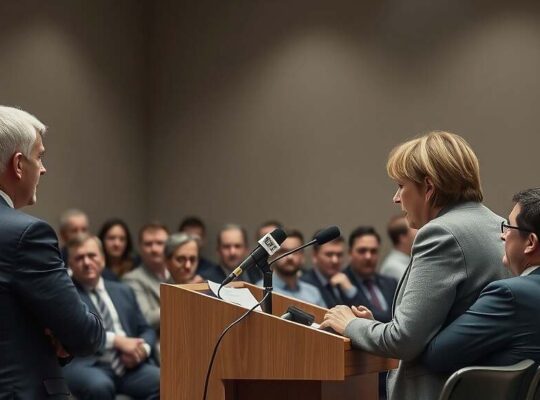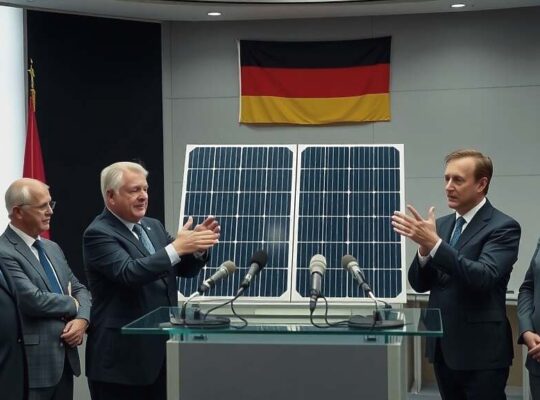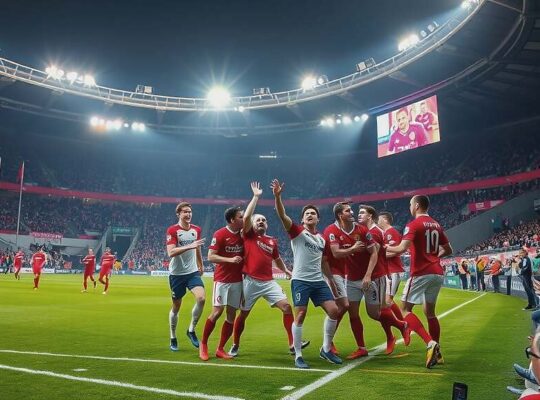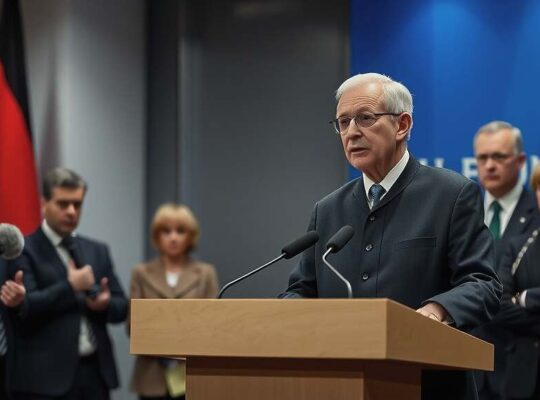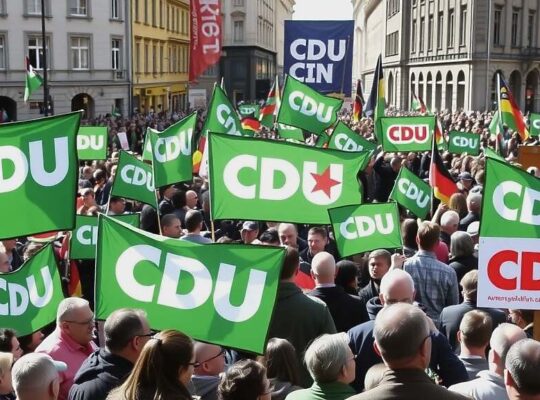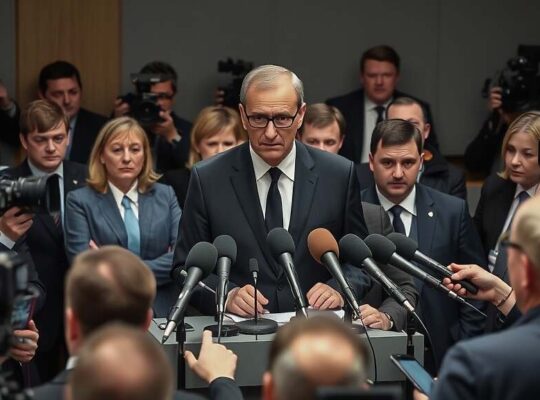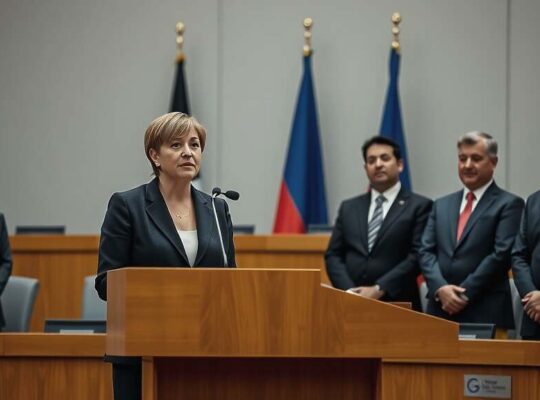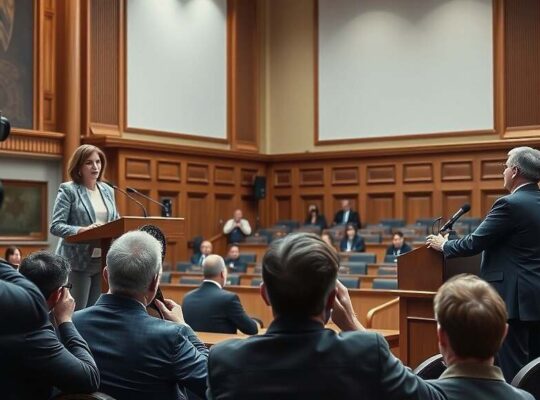A leading figure within the CDU’s labor wing has issued a stark warning against any attempts to align with the far-right AfD, describing potential collaboration as a catastrophic event for the conservative party. Dennis Radtke, chairman of the CDU’s Arbeitnehmerflügel, cautioned in an interview with the Kölner Stadt-Anzeiger, stating that cooperation with the AfD would effectively dismantle the CDU.
Radtke’s comments are particularly resonant given the AfD’s growing electoral strength in eastern German states. He described facilitating the AfD’s ascension to power, specifically in state chancellories, as a “historic sin” echoing past misjudgments by Christian democratic parties that facilitated the rise of extremist factions. He invoked a dire future, suggesting potential societal fragmentation following elections in eastern Germany in 2026 if such a scenario unfolds.
Beyond the immediate danger of collaborating with the AfD, Radtke also challenged the party’s internal direction. He criticized a perceived disconnect between the CDU’s membership, its functionaries and its voter base. Citing a recent study by the Konrad-Adenauer Foundation, he highlighted a tendency within the party’s active members and officials to hold more conservative views than the average CDU voter. He insisted that party decision-making must prioritize the concerns of the electorate, not the agenda of internal elites.
Radtke also leveled criticism at the current federal government, arguing that it is failing to address pressing economic anxieties faced by German families. He pointed to escalating housing costs, the perceived unattainability of property ownership and soaring energy and food prices as critical issues poorly managed by the coalition. He specifically criticized the protracted and contentious debate surrounding welfare reforms (Bürgergeld) and pension policy, indicating a lack of decisive action. As a counterpoint, Radtke lauded the comparatively stable political climate and positive polling in North Rhine-Westphalia (NRW), attributing the success to the pragmatic and internally focused leadership of Minister-President Hendrik Wüst and his black-green coalition’s approach. He implicitly suggested a need for the federal government to adopt similar principles of quiet, solutions-oriented governance.



